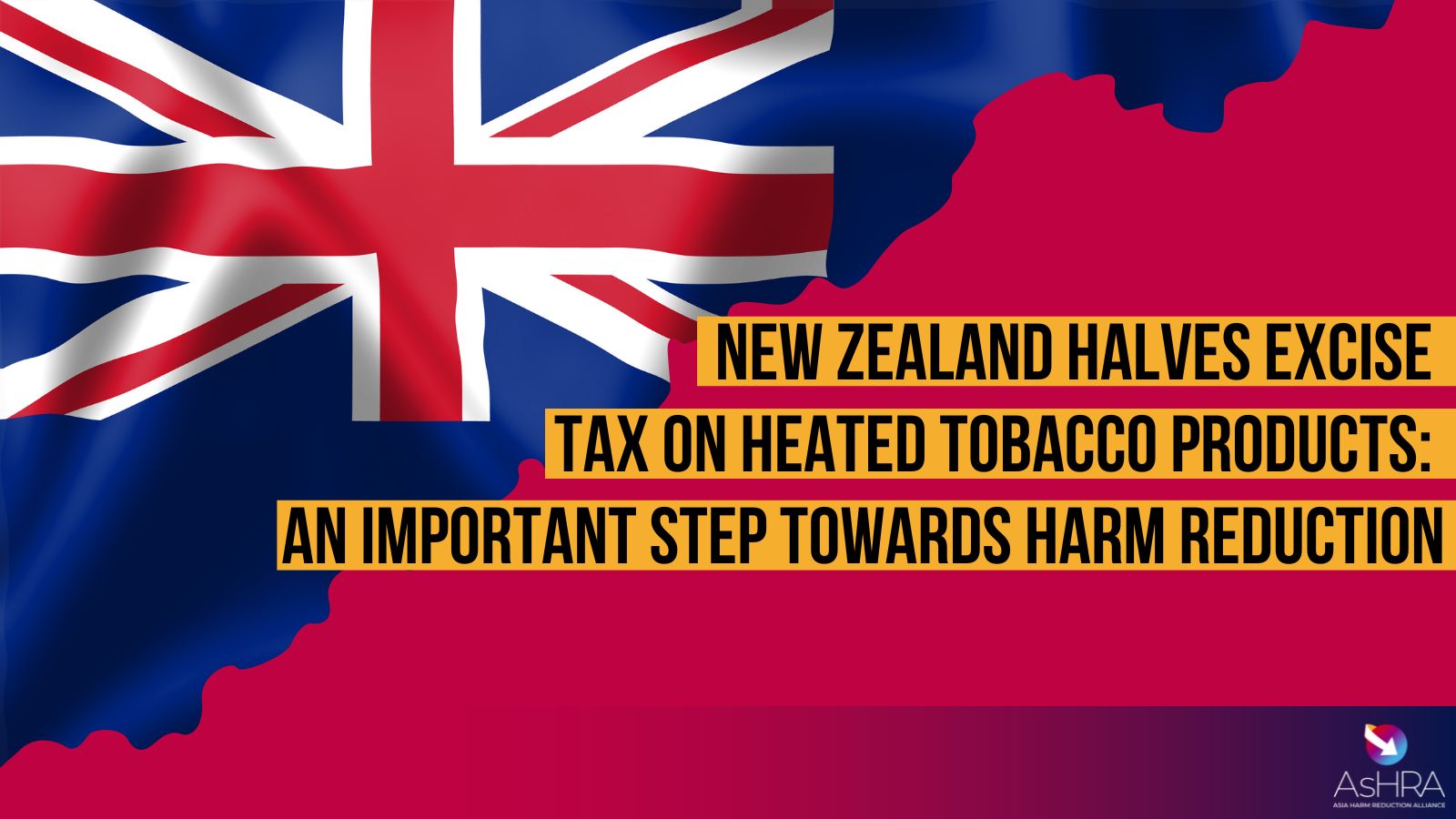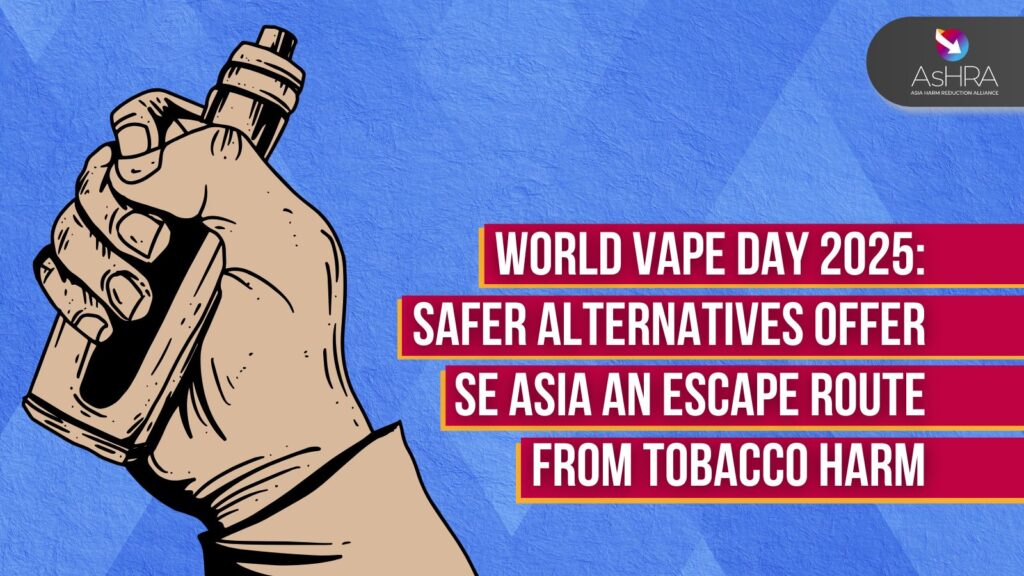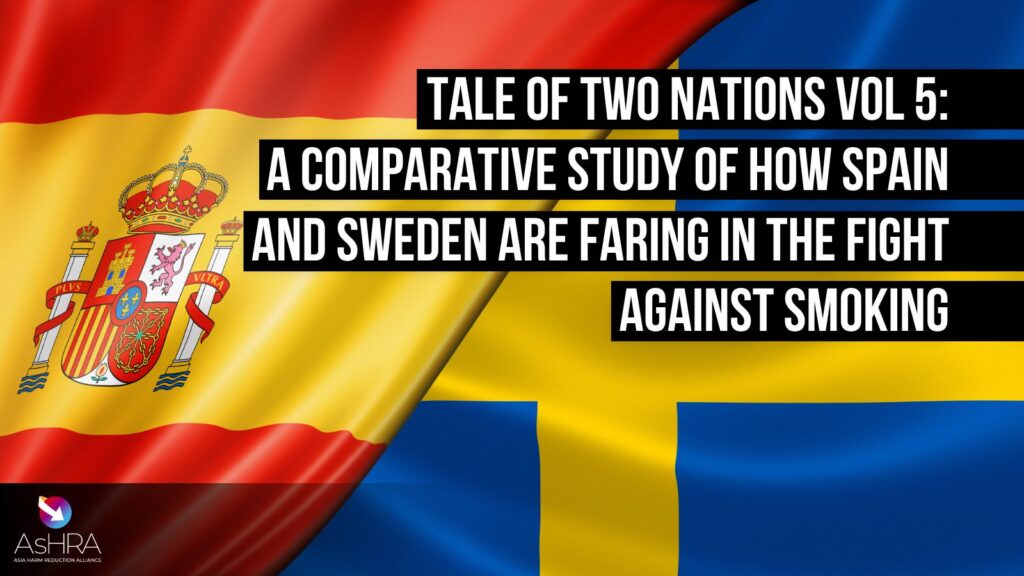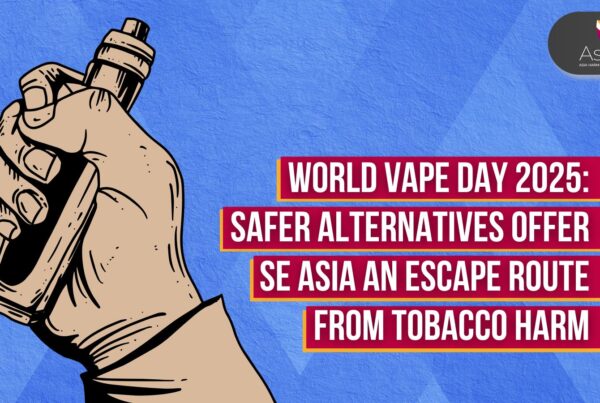The benefits of risk-proportionate tobacco policies in New Zealand for a smoke-free 2025.
In a significant policy shift, the New Zealand government has cut the excise tax on heated tobacco products (HTP) by 50% since July 1st, signalling a potential move towards a more risk-proportionate approach to tobacco regulation. This move, spearheaded by Customs Minister and Associate Health Minister Casey Costello, is intended to encourage smokers to switch to less harmful alternatives.
Such an initiative aligns with Minister Costello’s interest in harm-reduced alternatives. In the past, she has shared that ‘if there are smokeless tobacco or nicotine products that are significantly less harmful than smoking – that is, they have a similar risk profile to vaping – then I want advice on whether it’s useful to have them available to help people quit smoking.’ In line with these sentiments, her recent action makes HTPs significantly cheaper (~$17 NZD) than traditional cigarettes (~$45 NZD) – while still keeping them more expensive than not smoking at all.

This serves as a healthy example of a risk-proportionate policy, helping smokers move towards adopting less harmful alternatives while maintaining a barrier to entry for non-smokers. The success of HTPs can also be seen in the Japanese context, where HTP use has been correlated with a significant drop in smoking rates.
While the decision to halve the excise tax on heated tobacco products has sparked criticism as an action that benefits the tobacco industry, Minister Costello has made it clear that it is instead a cautious step towards a comprehensive and proportionate harm-reduction strategy. This is seen in her saying that, ‘vaping does not work for everyone and some attempting to quit have tried several times. HTPs have a similar risk profile to vapes and they are currently legally available, so we are testing what impact halving excise on those products makes.’ Currently, vaping and oral nicotine products remain free from excise tax in New Zealand, while oral pouches, snus, and oral tobacco cannot be sold in the nation.
With New Zealand already serving as a success story on the path towards a smoke-free 2025, this policy marks another important chapter and step towards its goal.
Read more on the science of harm reduction and tobacco harm reduction.
Related Posts
 Time to support Filipino vape law, not relitigate it
Time to support Filipino vape law, not relitigate it
Time to support Filipino vape law, not relitigate it
 Greens’ Plan To Legalise Nicotine Vapes Lauded
Greens’ Plan To Legalise Nicotine Vapes Lauded
Greens’ Plan To Legalise Nicotine Vapes Lauded
 Taiwan Vaping Ban Disappointing For Its Many Smokers
Taiwan Vaping Ban Disappointing For Its Many Smokers
Taiwan Vaping Ban Disappointing For Its Many Smokers
More about
Alcohol Harm Reduction
More about





